Author: dentist
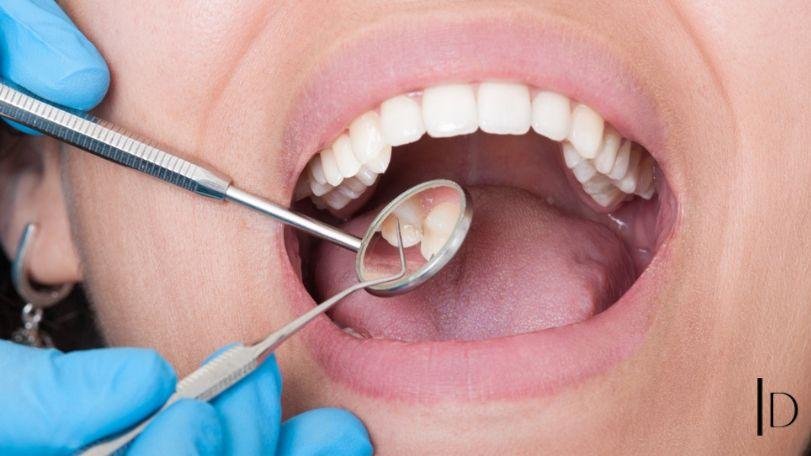
Understanding Teeth Lose Causes, Prevention, and Treatment
May 17, 2024Teeth lose are a common concern for both children and adults. While it’s a normal part of growing up for kids, loose teeth in adults can be a sign of underlying issues that need immediate attention. Understanding the causes, prevention, and treatment options for teeth lose can help you maintain a healthy smile.
Causes of Teeth Lose
For Children
In children, teeth lose are a natural part of the development process. As their permanent teeth begin to grow, they push against the roots of the baby teeth, causing them to loosen and eventually fall out. This typically starts around the age of six and continues until the early teenage years.
For Adults
Loose teeth in adults, however, are often a sign of dental problems that need to be addressed. Some common causes include:
- Gum Disease: Periodontal disease, or gum disease, is a major cause of loose teeth in adults. It occurs when plaque and tartar build up on the teeth and gums, leading to infection and inflammation. Over time, this can cause the gums to recede and the teeth to become lose.
- Trauma or Injury: Accidents or injuries to the mouth can cause teeth to become lose. This might happen from a fall, a blow to the face, or even biting down on something hard.
- Bruxism: Grinding or clenching your teeth, known as bruxism, can put excessive pressure on your teeth, leading to them becoming loose over time.
- Bone Loss: Conditions that affect bone density, such as osteoporosis, can weaken the jawbone and result in teeth lose.
- Poor Oral Hygiene: Inadequate brushing and flossing can lead to plaque buildup, gum disease, and eventually teeth lose.
Prevention of Teeth Lose
Preventing loose teeth involves maintaining good oral hygiene and taking steps to protect your teeth from injury and disease. Here are some key tips:
- Practice Good Oral Hygiene: Brush your teeth at least twice a day with fluoride toothpaste and floss daily to remove plaque from between your teeth and under your gumline.
- Regular Dental Checkups: Visit your dentist regularly for checkups and cleanings. Your dentist can identify early signs of gum disease and other issues that might lead to teeth lose.
- Healthy Diet: Eat a balanced diet rich in vitamins and minerals that support oral health. Avoid excessive consumption of sugary foods and drinks, which can contribute to tooth decay and gum disease.
- Mouthguards: If you participate in contact sports or grind your teeth at night, consider wearing a mouthguard to protect your teeth from injury.
- Quit Smoking: Smoking can significantly increase your risk of gum disease, which can lead to teeth lose.
Treatment for Teeth lose
If you notice that your teeth are lose, it’s important to seek professional dental care as soon as possible. Treatment will depend on the underlying cause:
- Gum Disease Treatment: If gum disease is the cause, your dentist may recommend a deep cleaning procedure called scaling and root planing to remove plaque and tartar from below the gumline. In severe cases, surgical intervention may be necessary.
- Splinting: For teeth loosened by trauma or bruxism, your dentist might use a technique called splinting. This involves bonding the loose tooth to adjacent teeth to stabilize it.
- Bone Grafts: In cases of bone loss, a bone graft might be necessary to regenerate lost bone tissue and provide a stable foundation for your teeth.
- Lifestyle Changes: Addressing habits like smoking or teeth grinding can prevent further damage. Your dentist may also recommend changes to your diet and oral hygiene routine.
- Extraction and Replacement: In cases where a tooth cannot be saved, extraction might be necessary. The missing tooth can be replaced with a dental implant, bridge, or denture.
Conclusion
Teeth lose can be a sign of significant dental issues, especially in adults. By understanding the causes, practicing good oral hygiene, and seeking prompt dental care, you can prevent and treat loose teeth effectively. Remember, maintaining a healthy smile requires regular dental visits and a commitment to good oral health practices.
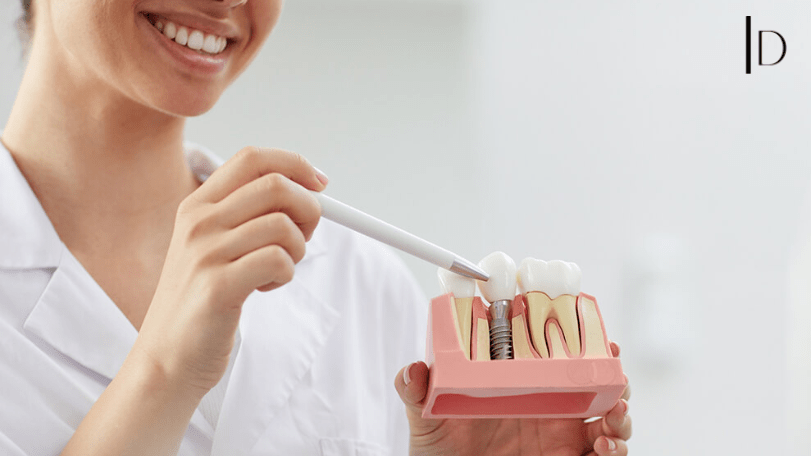
Understanding Loose Teeth Causes, Treatments, and Prevention
May 10, 2024Loose teeth can be a distressing experience for anyone, whether it’s a child losing their baby teeth or an adult facing the potential loss of permanent teeth. It’s essential to understand the causes behind loose teeth, the available treatments, and the preventive measures that can be taken to maintain optimal dental health. In this comprehensive guide, we’ll delve into the various factors contributing to loose teeth and explore effective strategies for addressing and preventing this common dental issue.
Causes of Loose Teeth:
- Periodontal Disease: One of the primary causes of loose teeth is periodontal disease, commonly known as gum disease. This condition occurs when bacteria build up in the gums, leading to inflammation and eventual damage to the tissues supporting the teeth. As the gums weaken, they can become loose and may eventually fall out if left untreated.
- Trauma or Injury: Accidents, sports injuries, or other types of trauma to the mouth can also result in teeth loosing. The impact from such incidents can damage the ligaments and tissues surrounding the teeth, causing them to become loose or dislodged.
- Poor Oral Hygiene: Inadequate oral hygiene practices, such as infrequent brushing and flossing, can contribute to the development of plaque and tartar buildup on the teeth. Over time, this can lead to gum disease and eventual tooth loss.
- Osteoporosis: Osteoporosis, a condition characterized by weakened bones, can also affect the jawbone. As the bone density decreases, the supporting structure for the teeth becomes compromised, increasing the risk of tooth mobility.
- Hormonal Changes: Hormonal fluctuations, such as those experienced during pregnancy or menopause, can impact gum health and increase the likelihood of developing loose teeth. This is due to changes in blood flow to the gums and increased susceptibility to gum disease.
Treatments for Loose Teeth:
- Professional Dental Care: If you notice that your teeth are becoming loose, it’s crucial to schedule an appointment with your dentist as soon as possible. Depending on the underlying cause, your dentist may recommend various treatment options, such as deep cleaning to remove plaque and tartar, periodontal therapy to treat gum disease, or splinting to stabilize loose teeth.
- Scaling and Root Planing: For individuals with gum disease, scaling and root planing may be necessary to remove bacteria and calculus from below the gum line and smooth the tooth roots. This can help promote gum reattachment and prevent further progression of periodontal disease.
- Tooth Splinting: In cases where teeth are broken, tooth splinting may be used to stabilize them. This involves bonding the loose tooth to neighboring teeth for support, allowing the gums and surrounding tissues to heal.
- Bone Grafting: If bone loss has occurred due to periodontal disease or other factors, bone grafting procedures may be recommended to regenerate lost bone tissue and strengthen the jawbone. This can provide a stable foundation for the teeth and prevent further tooth mobility.
Preventive Measures:
- Maintain Good Oral Hygiene: Practicing proper oral hygiene habits, such as brushing your teeth twice a day, flossing daily, and using mouthwash, is essential for preventing plaque buildup and gum disease.
- Visit Your Dentist Regularly: Regular dental check-ups and cleanings are essential for detecting any signs of gum disease or tooth mobility early on and addressing them before they progress.
- Avoid Tobacco Use: Smoking and chewing tobacco can contribute to gum disease and bone loss, increasing the risk of loose teeth. Quitting tobacco use can significantly improve oral health and reduce the likelihood of tooth mobility.
- Eat a Balanced Diet: A diet rich in fruits, vegetables, lean proteins, and calcium can support overall dental health and contribute to strong teeth and bones.
Conclusion:
Loose teeth can have various causes, including gum disease, trauma, poor oral hygiene, osteoporosis, and hormonal changes. However, with prompt professional care and preventive measures, it’s possible to address loose teeth effectively and maintain a healthy smile for years to come. By understanding the causes behind tooth lose and implementing proactive dental care strategies, you can safeguard your oral health and preserve your teeth for a lifetime. Remember, early intervention is key to preventing further damage and achieving optimal dental outcomes.

Smoking and Dental Implants: Can You Have Both?
May 3, 2024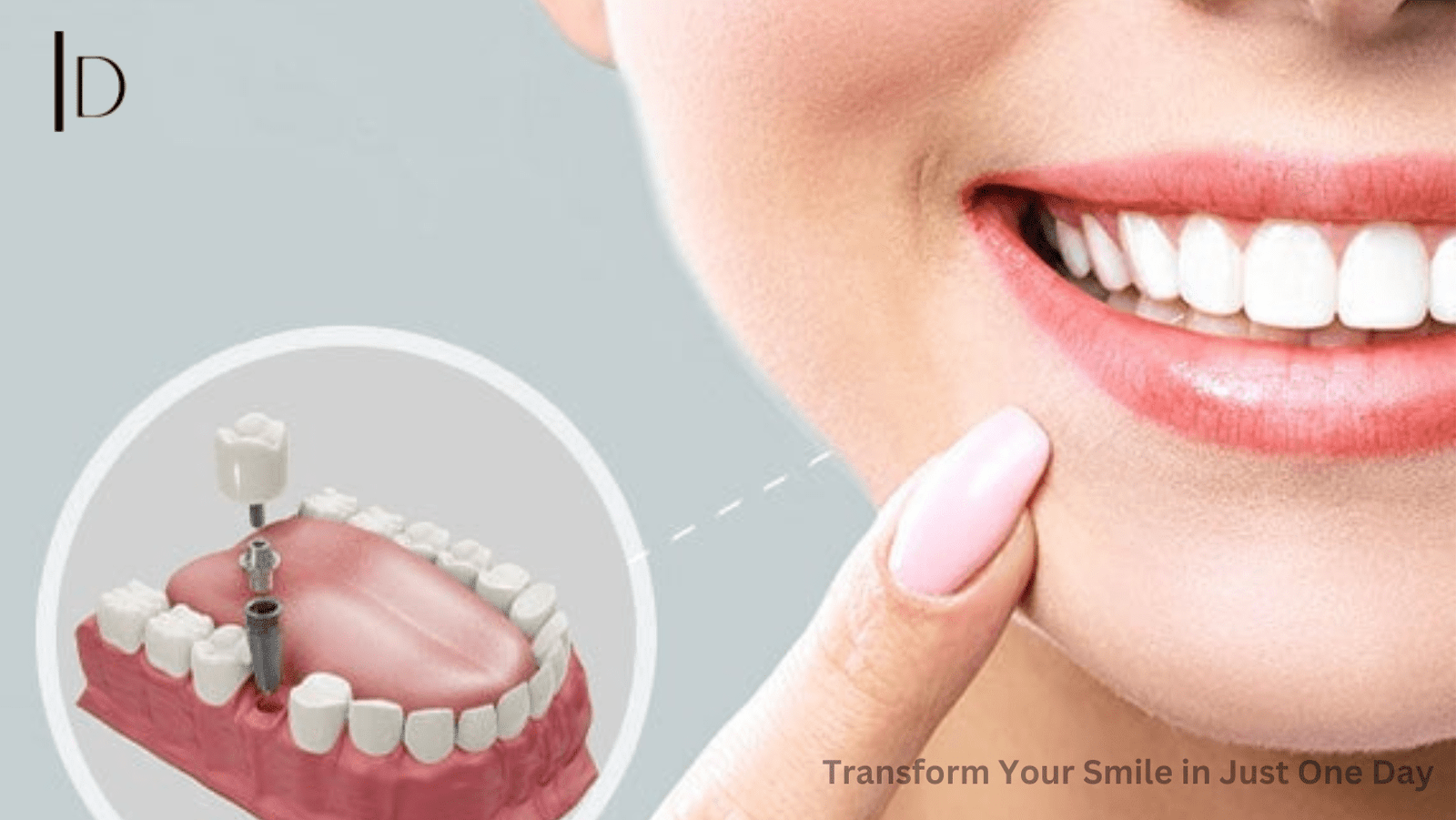
Transform Your Smile in Just One Day: The Magic of Teeth in a Day
April 26, 2024

Fixed Teeth: A Permanent Solution for a Confident Smile
April 17, 2024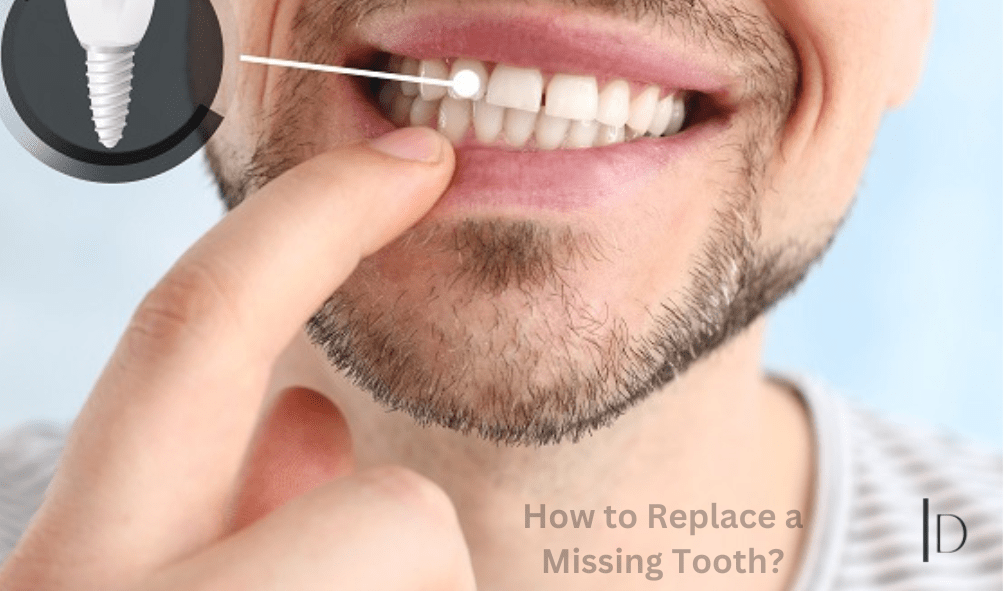
How to Replace a Missing Tooth | Affordable Smile Restoration
April 9, 2024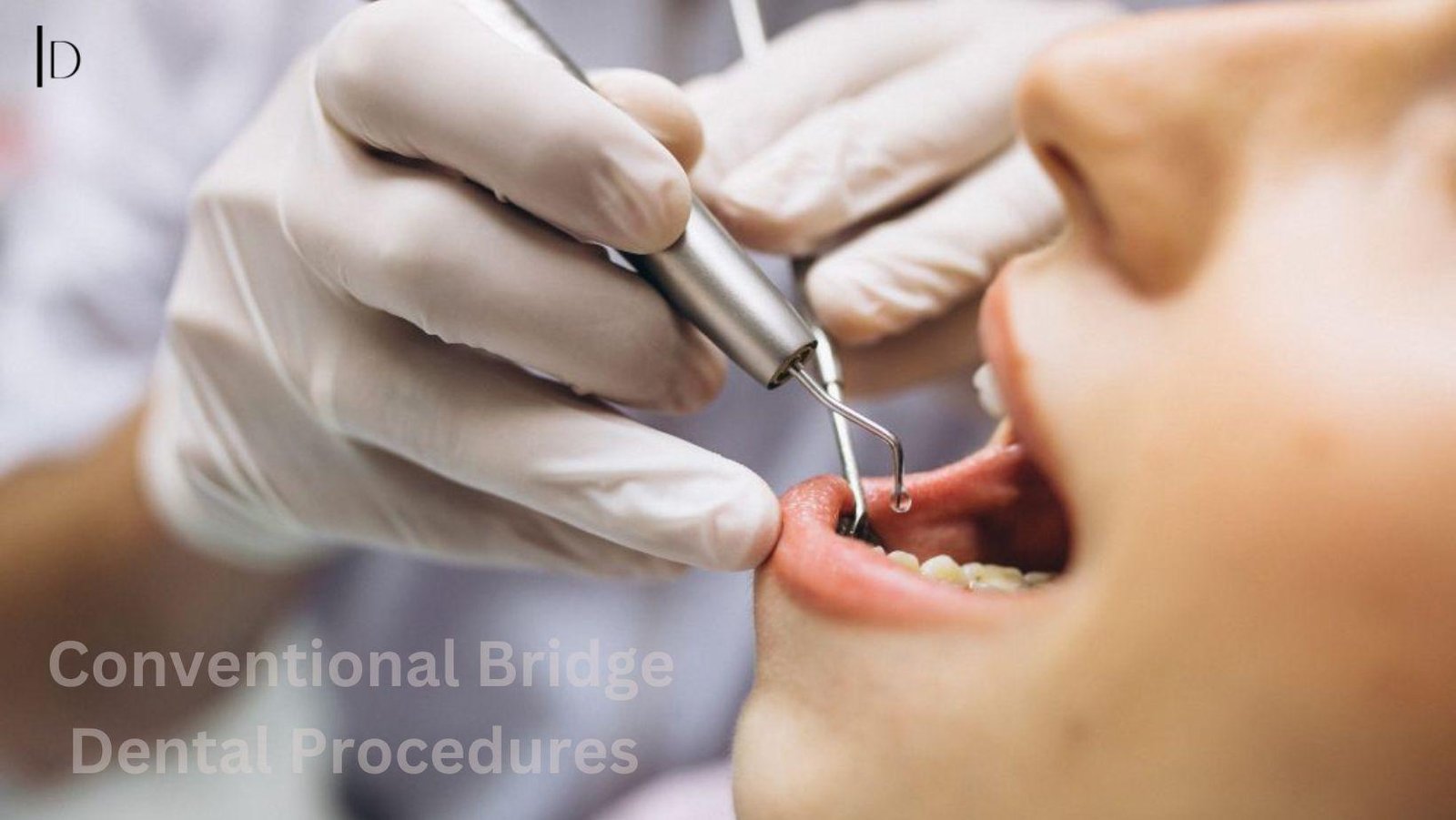
Benefits and Considerations of Conventional Bridge Dental Procedures
April 4, 2024Understanding Conventional Bridge Dental Procedures
Conventional bridge dental procedures are called dental bridges. They are a type of dental restoration used to replace one or more missing teeth. A bridge consists of one or more artificial teeth, known as pontics. These pontics are anchored in place by dental crowns placed on the teeth adjacent to the gap. The crowns act as supports or abutments for the pontic, bridging the space created by the missing tooth or teeth.
The Benefits of Conventional Bridge Dental Procedures
- Restoration of Functionality: Bridges restore the ability to chew and speak properly, improving overall dental function.
- Aesthetic Enhancement: Bridges fill in gaps left by missing teeth, restoring a natural-looking smile and enhancing facial appearance.
- Preservation of Adjacent Teeth: Bridges do not significantly alter adjacent teeth, unlike some other tooth replacement options. This preserves the natural structure of the adjacent teeth.
- Durability: When properly cared for, dental bridges can last for many years, providing long-term reliability and functionality.
- Customization: Dentists customize bridges to match the color of your natural teeth, adjusting their size and shape for a seamless, natural look.
Important Considerations
- Suitability: Conventional bridge procedures can effectively solve the problem of missing teeth for many individuals. However, it’s essential to recognize that not everyone may be a suitable candidate.
- Maintenance: Proper oral hygiene practices are essential. Including regular brushing, flossing, and dental check-ups. These practices help maintain the health and longevity of dental bridges.
- Cost: While dental bridges offer numerous benefits, they can be more expensive than some other tooth replacement options. However, they are often covered by dental insurance to some extent.
- Potential Complications: In some cases, complications such as decay, gum disease, or damage to the abutment teeth may occur. Regular dental visits can help identify and address any issues early on.
Conclusion
Conventional bridge dental remain a reliable and effective solution for restoring missing teeth and improving overall dental health and aesthetics. By understanding the benefits, considerations, and potential outcomes associated with conventional dental bridges, patients can make informed decisions about their oral health care.
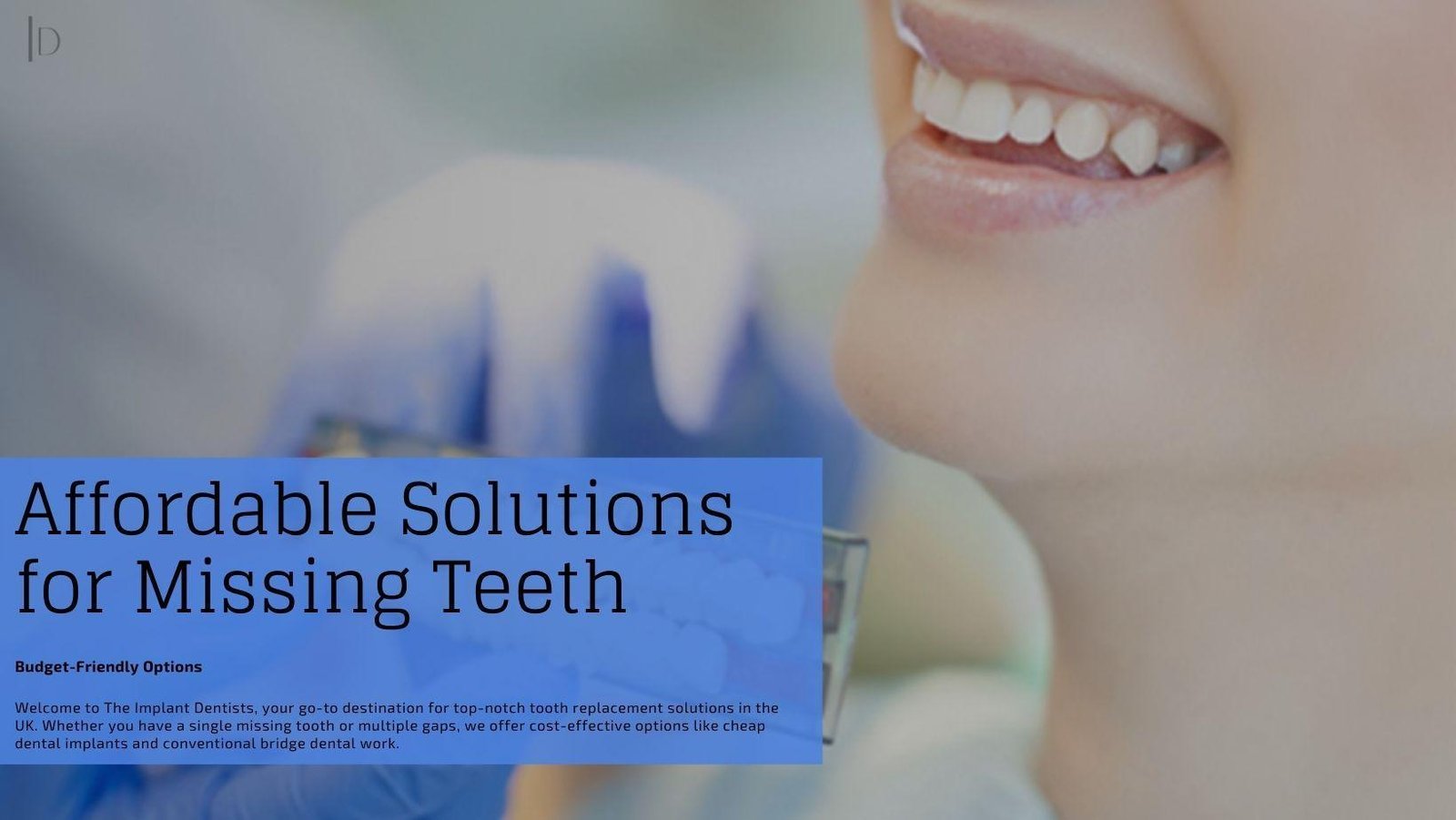
Affordable Solutions for Missing Teeth: Exploring Budget-Friendly Options
March 27, 2024Missing teeth, restoring your smile should not come with a big price tag. We understand the importance of providing affordable solutions that allow you to regain your confidence and oral health without financial pressure. Explore a variety of budget friendly options for replacing missing teeth, from traditional dentures to innovative dental implants, we will help you discover affordable solutions tailored to your needs. Say goodbye to gaps in your smile and hello to a brighter, more confident you with our affordable tooth replacement options.
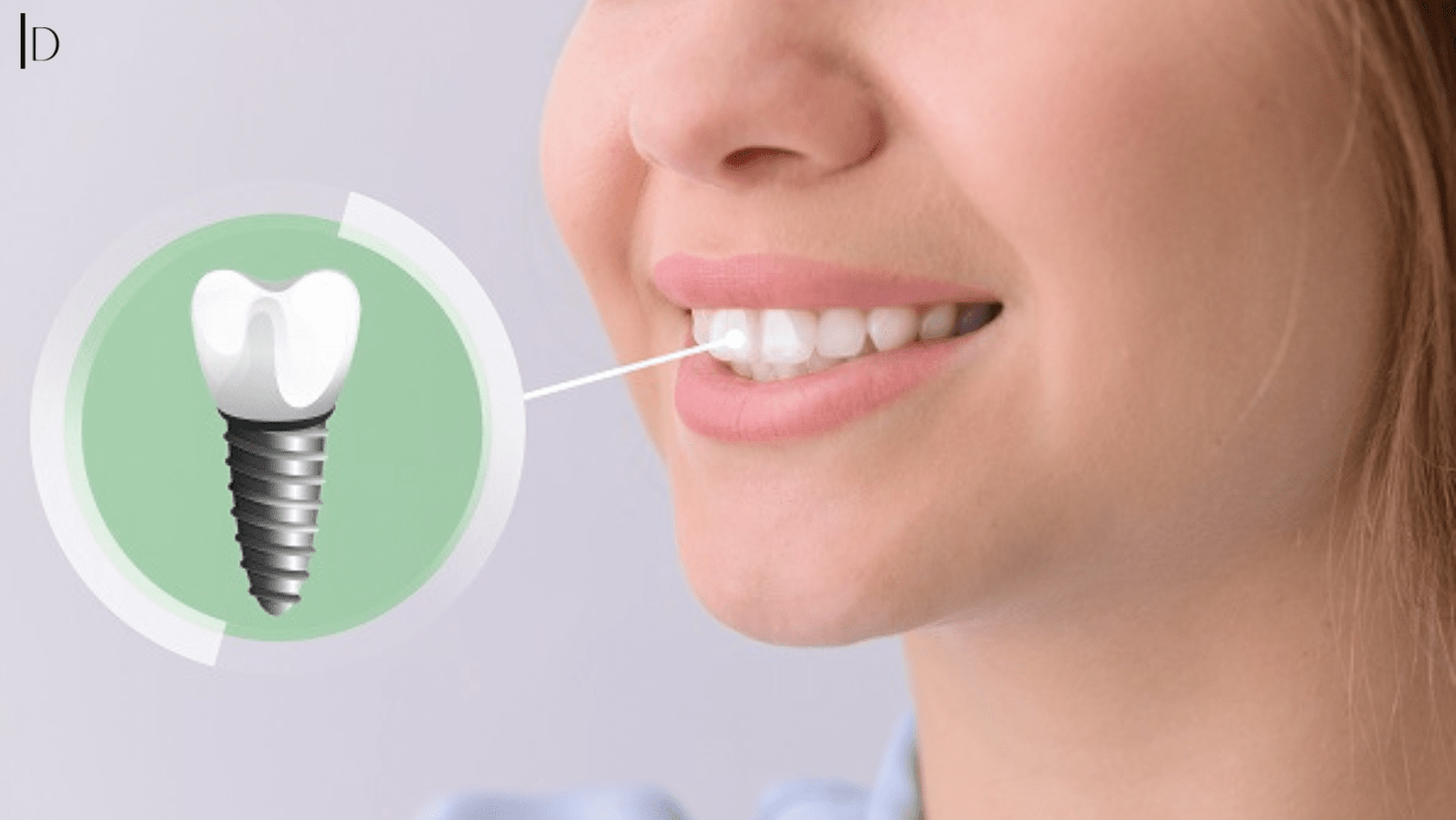
The Latest Advances in Tooth Implants: UK Perspectives
March 21, 2024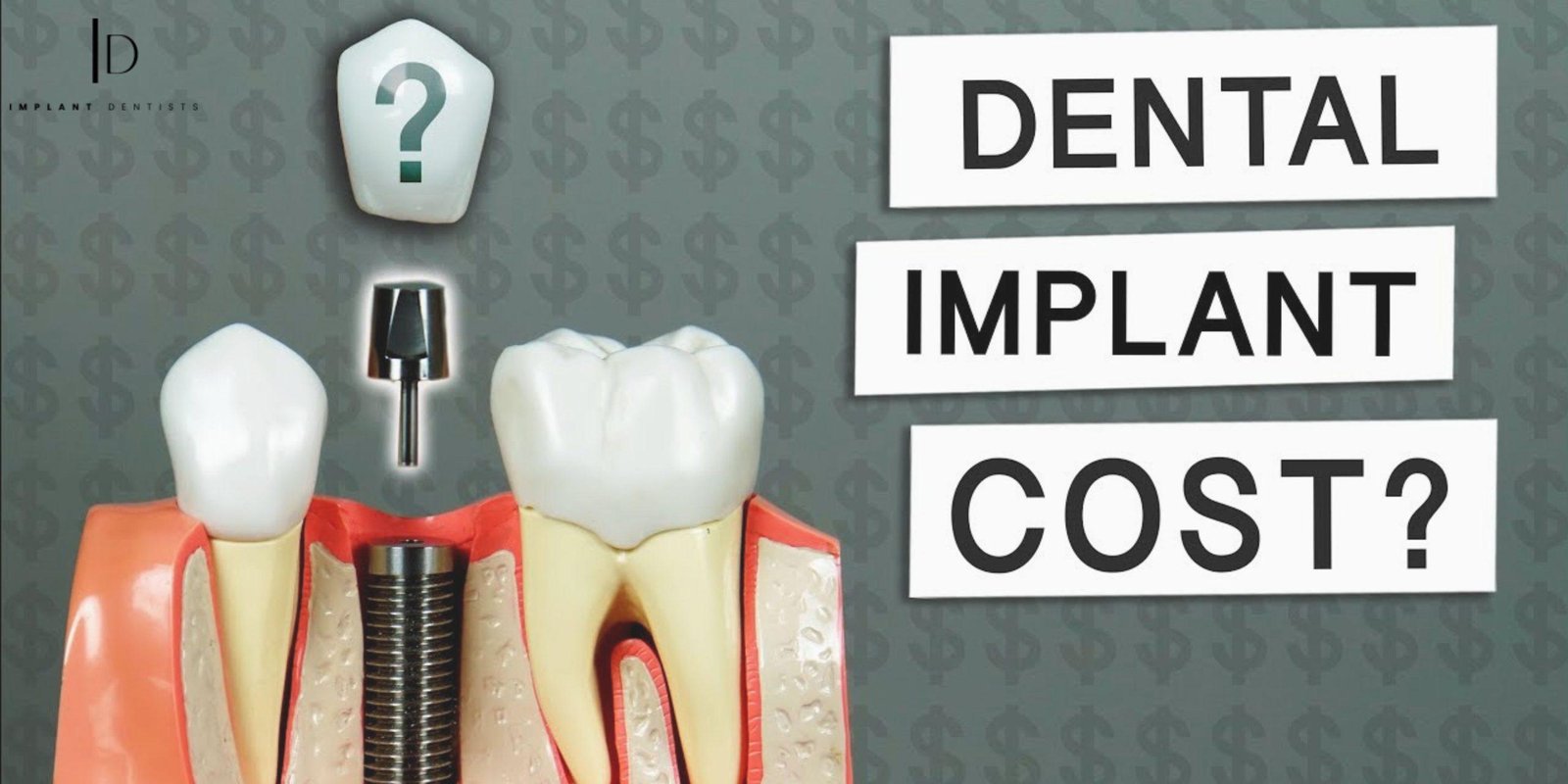
What Factors Influence the Cost of Dental Implants?
March 13, 2024Dreaming of a flawless smile with permanent replacements for missing teeth? Dental implants are a fantastic option, offering both aesthetics and functionality. But before you embark on this exciting journey, understanding the cost factors involved is crucial.
While there’s no single price tag, several key elements significantly influence the final bill. Let’s delve deeper into the main ones:
1. Number and Location of Implants
This plays a major role. Replacing a single tooth is naturally less expensive than a full arch of implants. Additionally, front teeth often require more sophisticated implants due to their high visibility. These factors contribute to a higher price tag for implants in these areas. Additionally, the location of the missing teeth within the mouth can influence the pricing. For instance, front teeth, which are more visible when smiling, talking, or eating, often require more sophisticated implants to achieve optimal aesthetics. These implants may need to be customized in shape, size, and color to seamlessly blend with the natural teeth surrounding them.
2. Complexity of the Procedure
Not all implant placements are created equal. Simple, straightforward cases will have a lower cost compared to situations requiring additional procedures. Bone grafting, for example, might be necessary to strengthen the jawbone before implant insertion. This adds to the overall treatment complexity and cost. Bone grafting involves transplanting bone tissue from elsewhere in the body or using synthetic materials to augment the jawbone. This additional step not only increases the complexity of the treatment but also incurs extra costs for the materials, surgical procedures, and extended recovery time.
3. Material Selection
Both the implant post itself and the restoration (crown, bridge, etc.) come in varying material options. Premium materials known for their durability and aesthetics typically cost more. Discuss these options with your dentist to find the best balance between cost and your desired outcome. However, patients may also have the option of choosing zirconia implants, which are known for their natural appearance and compatibility with those who have metal sensitivities. While titanium implants tend to be more cost-effective, zirconia implants often come with a higher price tag due to their advanced manufacturing process and aesthetic qualities.
4. Geographic Location
Dental costs, like many other services, can vary depending on your location. Urban areas with a higher cost of living often have pricier dental procedures compared to rural areas. In urban centers, where overhead costs such as rent, utilities, and staff salaries are typically higher, dental practices may need to adjust their pricing to cover these expenses. Additionally, urban areas tend to have a higher concentration of specialized dental professionals and state-of-the-art facilities, which can also contribute to higher costs.
5. Dentist’s Expertise and Experience
A skilled and experienced dentist with a proven track record in implant dentistry may command a higher fee. However, their expertise can ensure a smooth procedure, successful long-term results, and potentially save you money by avoiding complications down the line. Dentists who specialize in implant dentistry have undergone extensive training and accumulated years of experience in performing implant procedures. They possess a deep understanding of the complexities involved in dental implant placement, including assessing bone density, determining optimal implant placement, and ensuring proper integration with surrounding tissues.
Managing the Cost of Dental Implants
While the initial investment in dental implants can seem significant, consider it a long-term solution for a healthy, beautiful smile. Here are some tips to manage the cost:
- Consult with your dentist: Discuss your specific needs and get a personalized cost estimate. Every patient’s dental implant journey is unique, and your individual needs will play a significant role in determining the overall cost of treatment. During your initial consultation with your dentist or oral surgeon, you’ll have the opportunity to discuss your dental health goals, concerns, and any specific preferences you may have regarding the type of implants or treatment options.
- Explore insurance coverage: While coverage for implants varies, some dental plans may offer partial reimbursement. This is because dental insurance plans often categorize dental implants as a cosmetic or elective treatment rather than a medically necessary procedure. However, some dental insurance plans may offer partial reimbursement or coverage for certain aspects of the dental implant treatment, such as the initial consultation, diagnostic imaging, or any necessary adjunctive procedures like bone grafting
- Financing options: Many dental practices offer flexible payment plans to make this investment more manageable. They often provide flexible payment plans. These payment plans allow patients to spread out the cost of treatment over time, breaking it down into smaller, more affordable monthly installments. Flexible payment plans typically involve arranging a payment schedule with the dental practice, allowing patients to pay for their dental implants gradually rather than in one lump sum.
Conclusion
Remember, a healthy discussion with your dentist is key to navigating the cost of dental implants. They can provide a clear picture of the factors at play and help you find a solution that fits your budget and smile goals. Your dentist will conduct a comprehensive evaluation of your oral health, including the number of teeth to be replaced, the condition of your jawbone, and any additional procedures that may be necessary. They will take the time to explain the different types of dental implants available, along with their respective costs and benefits.
